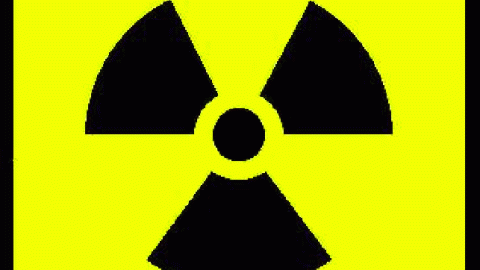The Next Phase in Nuclearism

As many of last week’s events made clear, the future of nuclearism will depend, in many ways, on just how the international community is able to forge a balance between the spread of nuclear power and the curtailment of nuclear weapons. Just as presidents Obama and Dmitry Medvedev came to an agreement that is widely viewed in both Russia and America as a critical step towards a new, less nerve-racking relationship between the world’s two greatest nuclear powers, Russia unveiled plans for a system of floating nuclear plants that may be more harmful to the environment and vulnerable to terrorism than traditional, stationary nuclear power plants.
The tension between the widespread development and proliferation of nuclear power plants and the increasingly urgent obligation to prevent certain countries from attaining nuclear technologies will require a clever, paradigm-shifting solution from policy makers. Over the last few years, over forty developing countries have contacted the U.N. with plans to launch nuclear power programs. While the reasons most often cited are logical and apparent enough—the economic need for fuel independence and the ability to conform to new emissions standards—the prospect of a spread in nuclear power—particularly in politically vulnerable regions like the Middle-East—has left many experts wary of a new, clandestine, globalized arms race.
The inherent difficulties of regulating the expansion of nuclear power are being intensified not only by the felt exigency of cheap, clean fuel, but also by the increasingly small-scale and portable nature of nuclear projects. From the more flexible and transportable model of nuclear infrastructure being pioneered in Russia, to the small start-up, ‘Silicon Valley-like’ approach to nuclear progress being advocated in the USA, nuclear power appears to be heading toward a more privatized and scattered future that will make international, governmental oversight increasingly difficult.
While the recent agreement between the United States and Russia is a promising step forward in addressing these upcoming challenges, it is going to take a new level of multilateral coordination to establish and enforce just how—and who—will be able to enact nuclear power programs. From the extension of the G8 to a G20, to the establishment of an international body that manages nuclear energy, to creating a “global architecture” that makes the US-led Proliferation Security Initiative (PSI) legally binding, there are myriad plans in the works that will make the security issues involved in the growth of nuclear energy one of the most collaborative issues the world has known. While the recent compromise between Obama and Dmitry Medvedev is significant in itself, it is only the beginning of what will have to be a profoundly global series of negotiations on one of the more challenging issues we face today.




